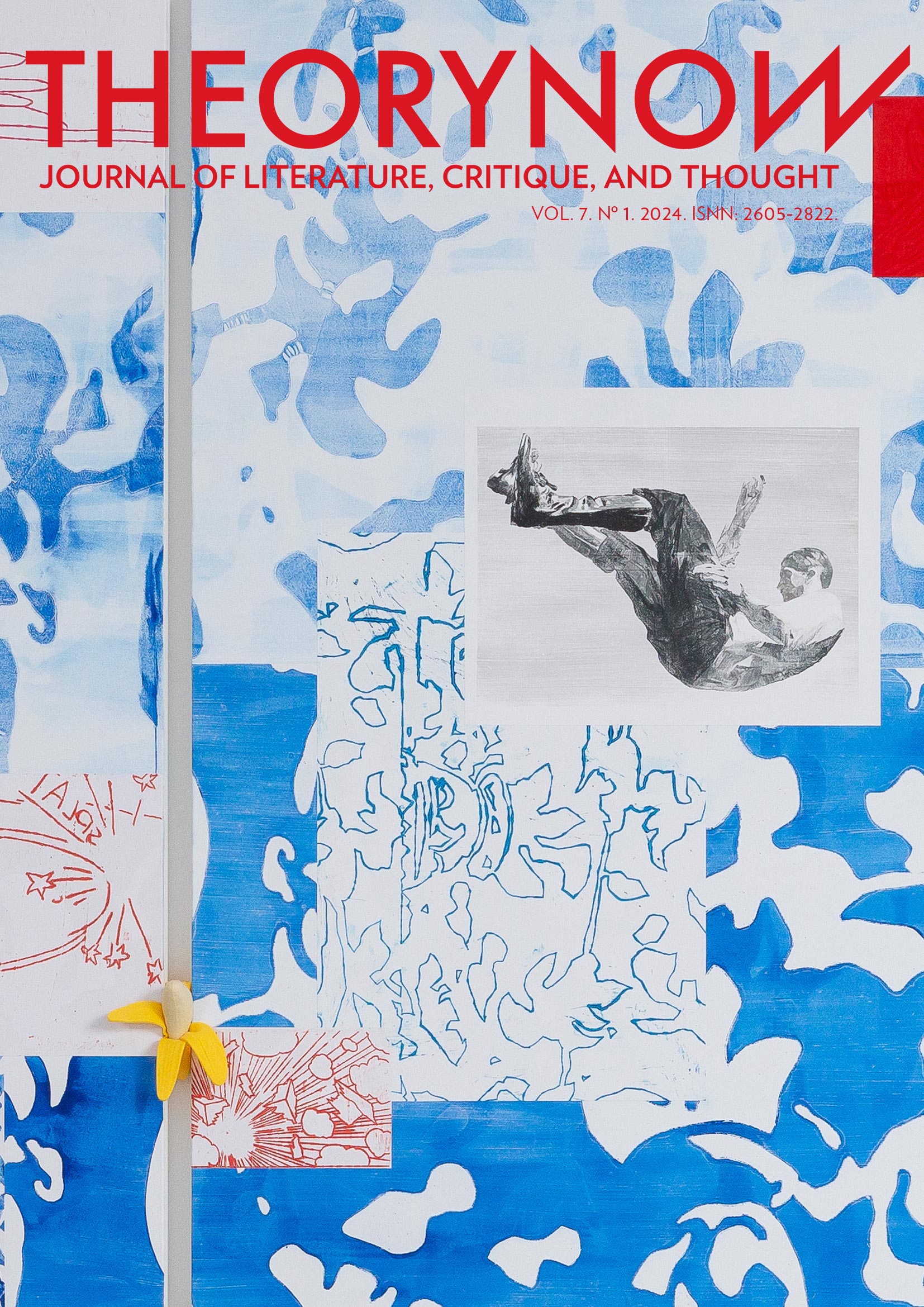“Are you Sure that this Type of Discours is Actually Liberating ?” (Foucault)
DOI:
https://doi.org/10.30827/tn.v7i1.29089Keywords:
politics, literature, freedom, liberty, thought, subjectivationAbstract
The idea of a politics of literature is not self-evident in Foucault’s thinking, because his work casts a radical suspicion on the liberating power of discourse. This suspicion is the result of Foucault’s diagnosis of his own time, which abounded in statements praising easy and courageous access to freedom. This suspicion also derives from an internal dialectic in Foucault’s thinking, which is related in particular to his conception of power. However, the question asked by Foucault does not remain aporetic: one can think of an actually liberating discourse only if the subjects speak in concrete situations of their life, that is, an approach which does not seek the secrets of freedom in the pages of literary works. Literature thus becomes a secondary element in contrast to the practices of a subject which is constituted by language. In this light, Foucault's question can be conceived as the guiding principle for the development of a subjective strategy.
Downloads
References
Boltanski, Luc et Ève Chiapello. « Quelle libération ? ». Le Nouvel esprit du capitalisme. Paris, Gallimard, 2011, pp. 564-586.
Certeau, Michel de. La Prise de parole. Pour une nouvelle culture, Paris, Desclée de Brouwer, 1968.
Defert, Daniel. « Chronologie ». Dits et écrits 1954-1988. I : 1954-1969, Michel Foucault, édité par Daniel Defert et François Ewald, Paris, Gallimard, 1994, pp. 13-64.
Farge, Arlette. Dire et mal dire, l’opinion publique au XVIIIe siècle. Paris, Seuil, 1992.
Favreau, Jean-François. Vertige de l’écriture. Michel Foucault et la littérature, 1954-1970. Paris, ENS Éditions, 2012.
Foucault, Michel. Raymond Roussel. Paris, Gallimard, 1963.
___. Histoire de la folie à l'âge classique. 1961. Paris, Gallimard, 1972.
___. L'Archéologie du savoir, Paris, Gallimard, 1969.
___. L’Ordre du discours. Paris, Gallimard, 1970.
___. Histoire de la sexualité I. La Volonté de savoir. Paris, Gallimard, 1976.
___. « Des supplices aux cellules ». 1975. Dits et écrits 1954-1988. II : 1970-1975, Michel Foucault, édité par Daniel Defert et François Ewald, Paris, Gallimard, 1994, pp. 716-720.
___. « La Vie des hommes infâmes ». 1976. Dits et écrits 1954-1988. III : 1976-1979, Michel Foucault, édité par Daniel Defert et François Ewald, Paris, Gallimard, 1994, pp. 237-253.
___. « Non au sexe roi ». 1977. Dits et écrits, III : 1976-1979, Michel Foucault, édité par Daniel Defert et François Ewald, Paris, Gallimard, 1994, pp. 256-269.
___. « Archéologie d’une passion ». 1984. Dits et écrits 1954-1988. IV : 1980-1988, Michel Foucault, édité par Daniel Defert et François Ewald, Paris, Gallimard, 1994, pp. 599-608.
___. « À propos de la généalogie de l’éthique : un aperçu du travail en cours ». 1984. Dits et écrits 1954-1988. IV : 1980-1988, Michel Foucault, édité par Daniel Defert et François Ewald, Paris, Gallimard, 1994, pp. 609-631.
___. Sécurité, territoire, population. Paris, EHESS/Gallimard/Seuil, 2004.
Le Goff, Jean-Pierre. Mai 68, l’héritage impossible. Paris, La Découverte, 2006.
Macé, Marielle. Façons de lire, manières d'être. Paris, Gallimard, 2011.
Oury, Jean. Création et schizophrénie. Paris, Galilée, 1989.
Downloads
Published
How to Cite
Issue
Section
License
Theory Now. Journal of Literature, Critique, and Thought is an immediate open-access publication which is available at no cost for readers and authors alike. Authors are not charged any kind of fee for the editorial processing of their articles. Reading, downloading, copying, distributing, printing, searching, linking or reusing all published articles for non-commercial uses is allowed on the condition of citing the author, the journal and the editing body. All intellectual material published in this journal is protected under a Creative Commons Attribution-NonCommercial 3.0 Spain license.
Dissemination of the articles in social (Facebook, Twitter, Linkedin, etc.) and scientific networks (ResearchGate, Academia.edu, etc.), public repositories at universities and other institutions, blogs, personal or institutional websites, Google Scholar, ORCID, ResearchID, ScopusID, etc. is strongly encouraged. In all cases, the intellectual property of the articles and any possible monetary profits derived from them belong exclusively to the authors.













